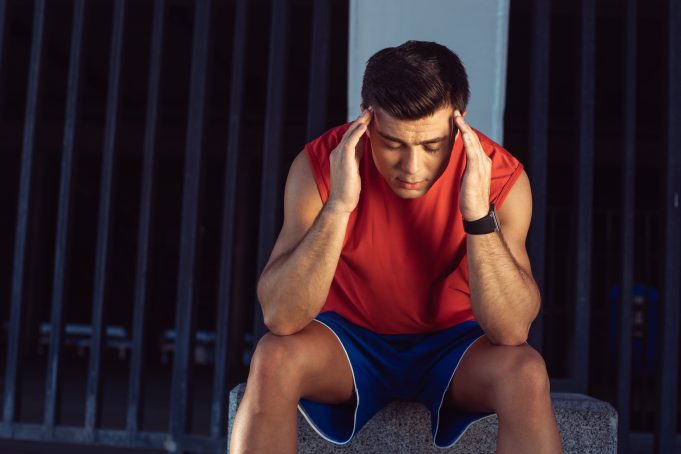In the realm of sports, head injuries are an unfortunate reality. These injuries, ranging from mild concussions to severe traumas, are frequently accompanied by a host of long-lasting symptoms that can significantly affect an athlete’s quality of life. Due to the severity and potential long-term consequences, there is a constant pursuit of innovative and effective treatment strategies. In recent years, medical cannabis has surfaced as a potential adjunct treatment, with numerous research studies suggesting possible therapeutic benefits.
Historically, the potential of cannabis has been overshadowed by misconceptions and societal biases, including the unproven association between cannabis use and schizophrenia. However, as we delve deeper into the science of cannabis and its role in health and wellness, these misconceptions are gradually being debunked.
In this exploration, Lyphe Clinic, the largest medical cannabis treatment centre in the United Kingdom and Jersey, plays a pivotal role. They are dedicated to investigating the potential of cannabis in treating an array of medical conditions, including sports-related head injuries.
Head Injuries and Possible Treatment Paths
Concussion
One of the most common sports-related head injuries is a concussion. This brain injury can lead to various symptoms, including headaches, dizziness and cognitive impairments. Emerging research suggests that cannabinoids found in medical cannabis might have a role in managing these symptoms and aiding recovery. The neuroprotective properties of these cannabinoids might be beneficial in minimising the impact of the injury and promoting faster recovery.
Lyphe Clinic, with its dedicated team of experienced clinicians, is instrumental in this field. They are actively working on developing personalised treatment plans that incorporate cannabis, ensuring that each plan is tailored to the individual patient’s needs and symptom profile.
Chronic Traumatic Encephalopathy
Chronic traumatic encephalopathy (CTE) is a severe neurodegenerative disease found in individuals who have sustained repeated head injuries. Often seen in professional athletes in high-contact sports, CTE is associated with mood disorders, cognitive issues, and other debilitating symptoms. Preliminary research has shown that cannabinoids may have the potential to offer relief from some of these symptoms and play a role in broader treatment plans.
Having mentioned that, Lyphe Clinic is leading the way in this exploration. Their patient-centric approach and focus on individual needs ensure that each treatment plan is comprehensive, taking into account the patient’s overall health status and specific symptoms.
Post-Concussion Syndrome
Post-concussion syndrome (PCS) is considered a complex disorder in which concussion symptoms, such as headaches, dizziness, and cognitive difficulties, persist for weeks or even months after the initial injury. This condition can significantly impair a person’s quality of life, with symptoms like sleep disturbances, mood changes, and cognitive impairments. With their potential neuroprotective and anti-inflammatory properties, cannabinoids might offer a novel and effective approach to managing PCS symptoms.
With that, Lyphe Clinic’s team of experienced clinicians and patient coordinators provides comprehensive support for PCS patients considering cannabis treatment, ensuring that they receive the care and guidance they need throughout their treatment journey.
The Bottom Line
The potential of medical cannabis as a complementary treatment avenue for sports head injuries is an exciting and rapidly evolving field. Pioneers like Lyphe Clinic play a crucial role in this exploration, bringing together patient care, research, and advocacy. With their team of experienced clinicians, Lyphe Clinic is pushing the boundaries of what’s possible, crafting personalised treatment plans that take into account the specific circumstances and needs of each patient.
Navigating the healthcare landscape with a historically stigmatised substance like medical cannabis is not without its challenges. Misconceptions, regulatory hurdles, and societal stigma continue to pose significant obstacles. Regardless, with every new study shedding light on the potential benefits of cannabis for conditions like concussions, CTE, and PCS, a promising future emerges.
As we continue to explore this promising field, the role of institutions like Lyphe Clinic in harnessing the potential of medical cannabis for sports head injuries becomes ever more significant. They stand as a beacon of hope for countless patients seeking an effective, individualised treatment strategy.










